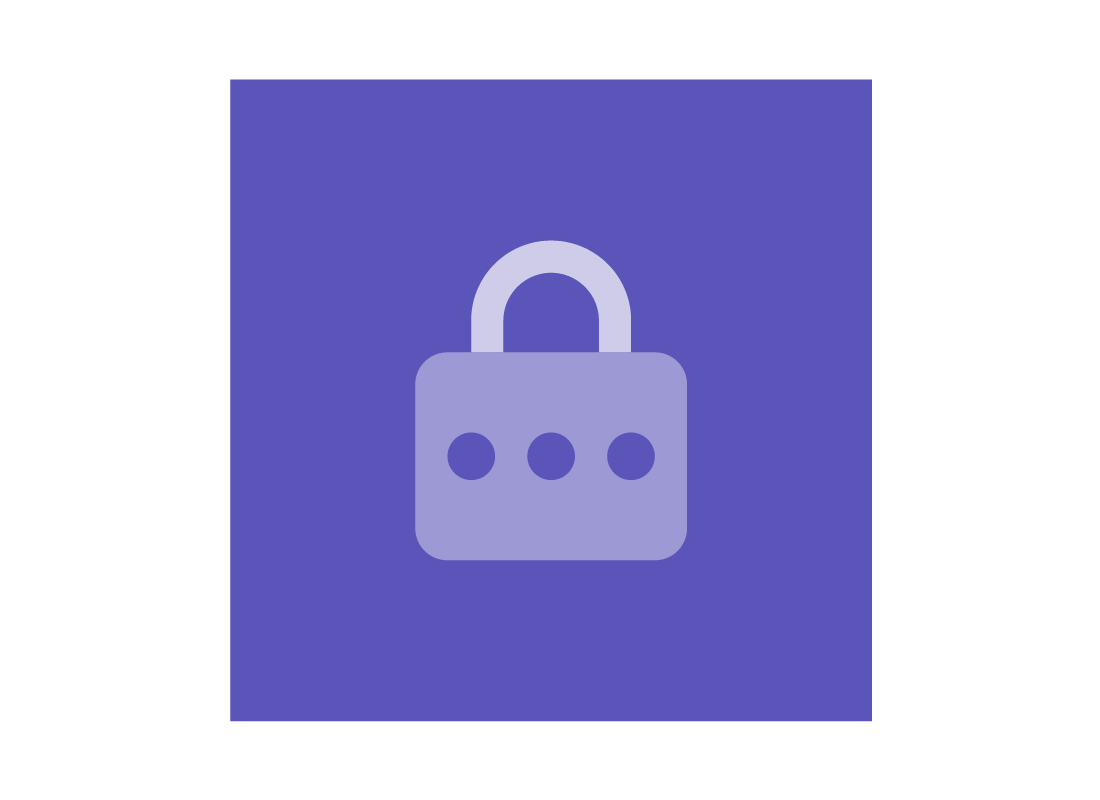Roadside assist and traffic apps
Roadside assist and traffic apps
What's coming up?
In this activity you’ll learn about apps that are useful during your journey. These include apps that let you get access to roadside assistance, as well as apps that let you know about traffic incidents, delays, and even roadworks on a route you’re intending to use.
Start activityRoadside assistance is an Aussie tradition
Australians have had access to roadside assistance services for almost as long as we’ve had cars. Clubs such as the NRMA, RACV, RACQ and myRAA, help motorists if they need help on the roadside (and at home too). Some of these services now offer booking and help via an app.

eSafety tip
To access a roadside assistance service, you need a paid membership, which is usually yearly. This costs between $100 and $300, depending on the level of service. Some insurance providers also include roadside assist as part of a comprehensive insurance plan. You can call your insurer and ask if they offer roadside assist, and even an app.
How roadside assist used to work
Traditionally, to get roadside assistance, you needed to make a phone call, then wait on hold. You might also have had to put in identification details such as your member number or car registration number. You also have to know the nearest cross street to your current location.
How roadside assist apps work today
Apps for roadside assist help make getting roadside assistance convenient. The app uses your phone’s location, and you can just tap a few buttons to tell the service what kind of assistance you need, and book it right away.
The app will give you an estimate of when help will arrive. It will also tell you when a service vehicle has been assigned to you, and once this happens you can track their location on a map in the app.
Other features of roadside assist apps
Some apps also offer other features, depending on what extra services and benefits your roadside assist service membership includes. For example, the app might include a cheap fuel finder, and offer discounts and coupons for attractions and some parking stations too.
The apps can also be a good way to access bonus services that are normally a bit tricky to remember or access. Apps like NRMA, for instance, include a list of camping locations, which you can search by location.
All about traffic apps
Your mapping app (such as Google Maps) can give you updates about traffic incidents on your current route. But for more general traffic info, you can use a traffic alert app such as LiveTraffic or VicTraffic. Most states have their own traffic app, though some states have apps that offer more features than others.
All about LiveTraffic for NSW
LiveTraffic is NSW’s traffic app. Other apps have some or all of the features in this app. It can use your phone’s location to show incidents or delays near you, but it will also show delays state-wide which you can view by scrolling the map. If you give the app permission to know your location in the background, it can also send you notifications about incidents and delays as soon as they occur.
The traffic apps for each state
Most states have their own traffic app, including:
- NSW: LiveTraffic
- Victoria: VicTraffic
- Queensland: QLDTraffic
- SA: Traffic SA
- Tasmania: TrafficTAS
Keep in mind that mapping apps like Google Maps can also show traffic incidents, and these apps work Australia-wide.
Well done!
This is the end of the Roadside assist and traffic apps activity. You’ve learned about some of the features of roadside assistance apps, and how traffic apps help keep you informed about incidents that may affect your trip.
If you’re a registered user, you can now complete a short quiz to test your learning. If you’re not registered, this is now the end of the Google Maps, rideshare and transport apps course.